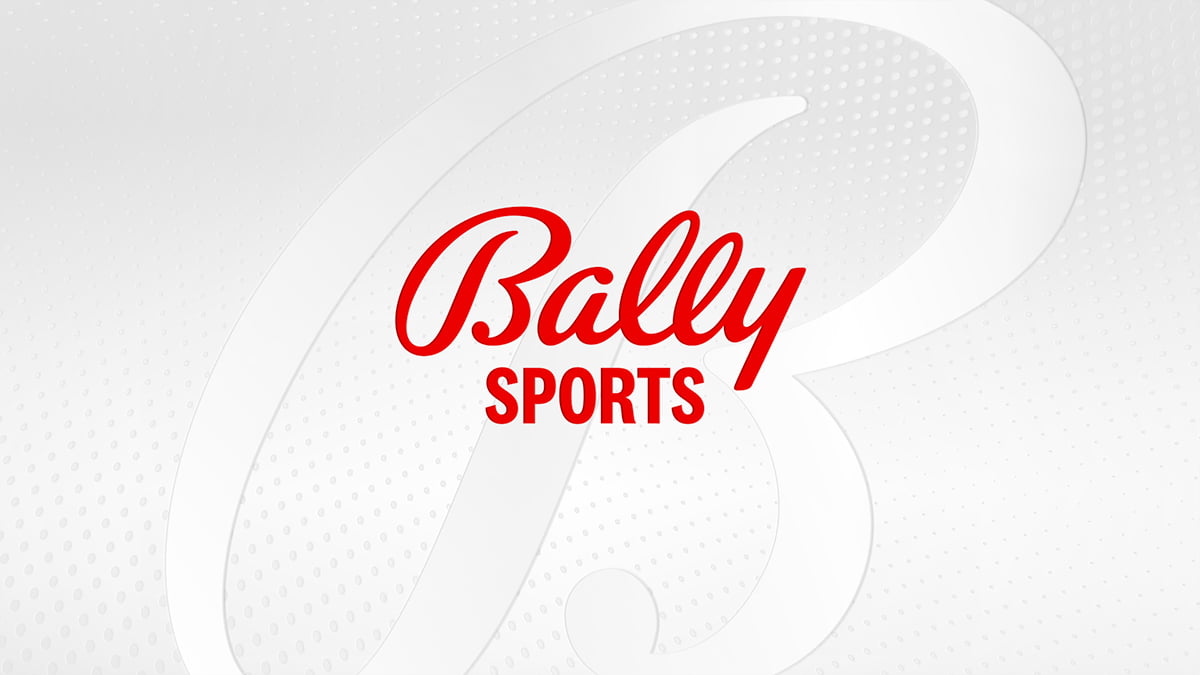Diamond Sports Group recently participated in a hearing regarding the status of its Chapter 11 bankruptcy protection earlier in November upon reaching a cooperation agreement with its stakeholders. A term of this agreement, however, is that it does not become effective unless a management services agreement between Diamond and its parent company, Sinclair, Inc., is assumed or rejected by Nov. 30, 2023.
In late July, Diamond filed a lawsuit against Sinclair and alleged it received around $1.5 billion because of misconduct related to the “fraudulent transfer of assets, unlawful distributions and payments, breaches of contracts, unjust enrichment and breaches of fiduciary duties.” This remains a pending lawsuit and is resulting in an in-person mediation session that is currently slated to occur on Dec. 7, 2023. Should these issues be unable to reach a resolution, Diamond Sports Group debtors say they are prepared to continue litigating these proceedings to a conclusion. Sinclair counsel prognosticated that Diamond’s business will “go away” during the hearing with the bankruptcy court.
Debtors from Diamond Sports Group have requested a 120-day extension to file a Ch. 11 bankruptcy plan, the third such motion to grant an extension during the bankruptcy case. If approved, it would move the filing deadline through and including March 28, 2024, and solicit acceptances up to and including May 28, 2024. Within its rationale, the regional sports network operator claimed that more than 81% of first lien claim holders are in support of the cooperation agreement, along with “certain large holders of second lien claims.” The current filing exclusivity period runs through and includes Nov. 29, 2023, while the solicitation exclusivity period runs through and includes Jan. 29, 2023.
“It has taken months of painstaking negotiations to break the logjam in these cases and reach the settlements and resolutions embodied in the Cooperation Agreement and the NBA agreement,” Diamond Sports Group said in a court filing. “This is primarily because of headwinds that the Debtors’ linear television business has faced leading up to and during these chapter 11 cases. Moreover, the Debtors’ wide array of active stakeholders have held differing views regarding the Debtors’ go-forward business and resolution of these chapter 11 cases in the context of these systemic industry changes.”
The NBA approves this cooperation agreement as well, which was approved by the court on Nov. 15 and allowed Diamond to enter into agreements with the NBA and NHL to modify their media rights contracts. As it pertains to MLB, the debtors conveyed that they have communicated with the league about which teams Diamond intends to keep broadcasting. MLB previously declared that “time is up” for Diamond to determine its plan, leading it to file a motion to compel that is set for a hearing on Dec. 15, 2023.
Last season, Diamond Sports Group selectively rejected broadcast contracts of the San Diego Padres and Arizona Diamondbacks, resulting in the league stepping in to broadcast and disseminate the games independently. Prior to the season’s start, the league created a local media department, headed by former regional sports network executive Billy Chambers, and also provided at least 80% of remuneration that teams would have received under their previous deals with Diamond. The league also recently hired Josh Clark in a newly-created role of senior vice president of content distribution, serving a pivotal role in distribution agreements for local media live game rights and other media interests.
The filing refers to the cooperation agreement as a “significant breakthrough,” but it does acknowledge that there are two key tasks within the case as a whole. Depending on the outcome of the Dec. 15 hearing on the motion to compel filed by MLB and another motion to compel filed by Sinclair, the effectiveness of the cooperation agreement is said to potentially be impacted.
This agreement was reached on condition of a beneficial resolution therein, along with reaching a deal with the NHL, which it is in the midst of finalizing the terms of with the league. Diamond Sports Group debtors are also continuing to work with multichannel virtual programming distributors (MVPD) to ensure games will continue to be accessible with the fans.
If the motions to compel from both entities are denied, along with the NHL agreement being approved and an amendment to a cash collateral order to include certain terms in the cooperation agreement, Diamond Sports Group debtors intend to file a Ch. 11 plan within 10 business days or within another timeframe to be agreed on. These obligations are imposed on the Debtors under the cooperation agreement, which entails that it must implement the intercreditor settlement within the Ch. 11 plan.
“Once that plan is filed, the Debtors expect to prosecute it on a reasonable timeline,” the motion reads, “with confirmation likely to be scheduled for early spring following approval of a disclosure statement and completion of plan solicitation.”
At the moment, the Debtors continue to work with a judicial mediator to attain concordance among creditor groups, the UCC and commercial counterparties on the best path forward. The intent to operate the Diamond Sports Group business through the 2024 MLB season is a path that it believes will maximize distributable value for creditors. Utilizing the cooperation agreement as a baseline, the parties within reached settlement on intercreditor issues that will diminish and/or eliminate costs associated with additional litigation.
“The Debtors’ entry into the Cooperation Agreement was a critical step in these chapter 11 cases that provides the Debtors, their creditors, and team, league, and distributor partners with clarity and visibility over the course of the 2023-24 Seasons,” Diamond Sports Group said, “and a pathway to confirming a chapter 11 plan while minimizing further administrative costs.”
Diamond Sports Group debtors have currently been granted a cumulative 140 days worth of extensions to file a Ch. 11 plan. Within its motion, the debtors express that they are not seeking an extension to pressure stakeholders, but rather to safeguard and build upon the progress made under exclusivity and protect optionality.
“The Debtors believe they have more than earned this extension through their hard work, diligence, and accomplishments to date,” Diamond Sports Group said in the filing. “Moreover, it is difficult even to conceive of any other party competently filing a plan of its own. But the mere possibility of other parties filing competing over the next few months would, at minimum, be a needless and costly distraction.”








